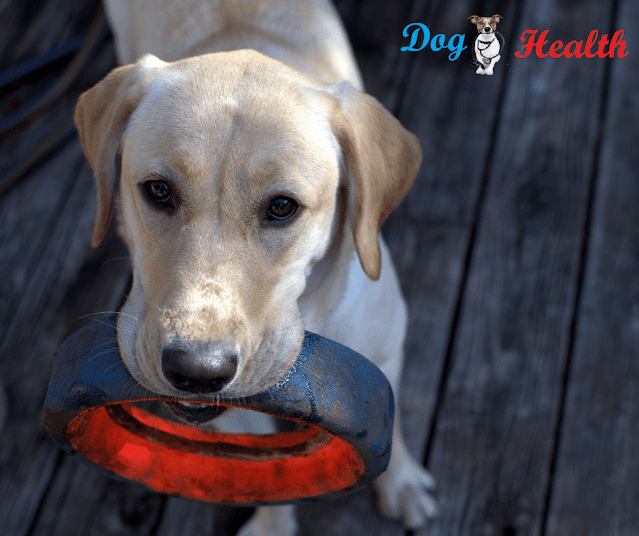Almost every owner encounters behavioral problems in their lab at one point or another in their lives.
It is a sad fact that many dogs find themselves in animal shelters being set up for owners claiming behavioral problems as one of the main reasons for abandoning their dog.
Bad behavior or bad training?
Sometimes the line between a “training problem” and a “behavioral problem” can be blurred, and in fact many behavioral problems, such as jumping for example, can be solved through simple training actions.
Knowing why your dog is behaving this way, and what caused the problem in the first place is not always helpful.
Sometimes it is easier to treat the symptoms in front of you.
For example, some Labradors will become very aggressive around food at a young age. Others will allow anyone to dine.
Knowing why one puppy is different from another is not that helpful, the process required to treat food guard is always the same.
Other times, you may need to have a good understanding of what is causing a behavior problem, steps to deal with your dog, and possibly avoid the fear trigger.
Behavioral problem solving
Labrador behavior problems are usually dealt with in one of two ways
an exercise
Administration
Problems such as jumping, running away, getting up at night, dragging you along the lead, and guarding food, are best solved by training.
Problems such as chewing, counter browsing, Ben raiding, bored barking, eating feces, and bystander barking all need to be managed by restricting the dog's options and/or providing him with alternative entertainment
Fear and anxiety in Labrador
Fear-related issues resulting from a lack of socialization and/or abuse can sometimes be addressed by desensitizing the dog from the root cause of his fear.
The front end at other times the management approach may be more appropriate.
For example, a rescue dog who has developed a deep fear of children may need to be kept away from children.
The trauma to the dog may be due to it trying to desensitize, and the time factor required to do so is too great it may be easier to keep the dog muzzled in public and to bring it back away from young children.
If some aspect of Labradors' behavior concerns you, have a conversation with your vet.
He will see many similar problems before and if necessary will be able to recommend appropriate behaviors for you which will advise you on retraining or managing your dog's problem.
Labrador behavior analysis
Our understanding of canine psychology has greatly improved in recent years, but there may sometimes be a tendency to take an analysis of individual dog behavior too far.
We are so quick to put human labels like separation anxiety on dogs that we once said simply “My dog doesn't like being left alone” and leave it at that.
If there is a problem with Labrador behavior that is disrupting your family life, it needs to be fixed, regardless of the root cause. Not only for the benefit of the dog but also for restoring peace and harmony.
Dogs don't do well in homes where everyone is stressed and upset.
What should you do if your Labrador has behavior problems?
Of course in order to please you and your lab, you will want to deal with this problem.
But due to the many different causes of behavior problems, the fact that every dog and its history is unique and that every dog will live in a unique environment cannot provide one answer or one advice to fix all behaviors for all dogs.
If the behavior problem is just one of the normal dog behaviors such as digging, barking, chasing small animals or pulling on the leash, these are behaviors that are normal but not acceptable or unwanted by the owner, then training alternative and acceptable behaviors in place is the answer.
This still requires knowing the specific cause and motivation for the behavior, the knowledge and skill to choose and train an alternative behaviour, and the patience and dedication to see the solution through.
But these types of problems are solvable by the average owner and solutions to these problems will soon appear on this site.
However, for true behavior problems, which means "abnormal behaviors" such as excessive fear, anxiety, aggressiveness, or obsessive-compulsive behaviors, very specific advice should be given taking into account the specific circumstances of your individual dog.
The kind of advice that can only really be given if it is given by a qualified and knowledgeable professional.
The first step is to see a vet to identify or rule out any physical or medical problems and then refer them to a reputable certified behavioral specialist.
Some issues, especially those related to aggressiveness or anxiety, can rarely be handled alone by a beginner alone, since there is a very real danger that with the wrong approach, things can get worse.


Comments
Post a Comment